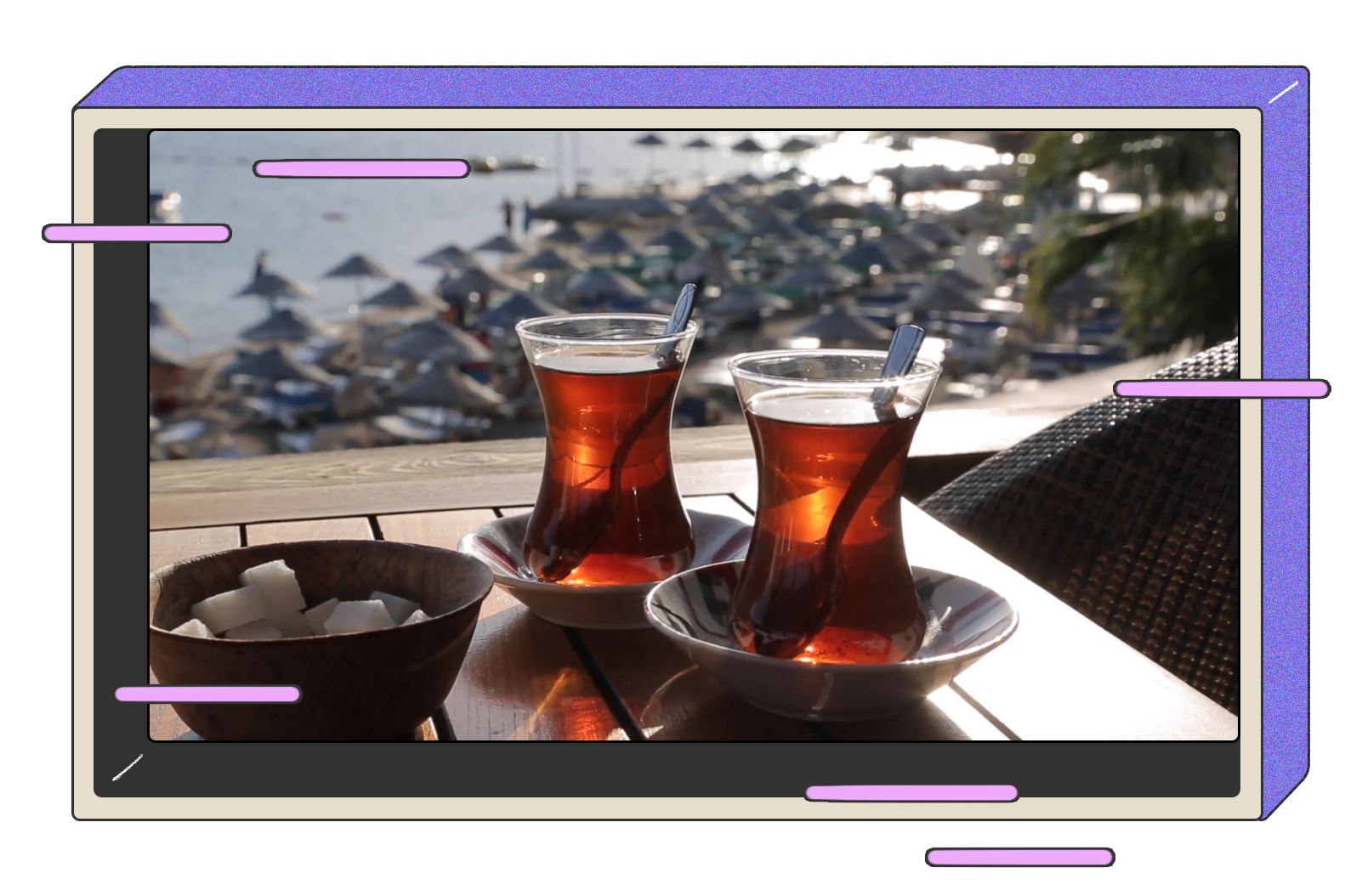In evangelical faith missions, it appears that 80 per cent of all single missionaries are women.
Singleness is a hurdle that causes many young people to think twice about joining missions. So why would one still choose to be a missionary?
For Aisha*, choosing God over everything else was what mattered to her most.
“I arrived in West Asia when I was 32 years old,” said Aisha.
“It was very interesting because I had another marriage proposal from a guy from the States. He wanted to serve the people back in his country, but I knew where I wanted to be.”
The marriage proposal did not work out and Aisha found herself in West Asia.
“When I arrived, the field leader asked me two questions, one of them being ‘Are you ready to be single, because most people here will remain single?’”
LIVING ALONE FAR AWAY FROM HOME
“Starting to live in a foreign country as a single was difficult,” revealed Aisha.
Through her singlehood, Aisha faced moments of loneliness and constant change.
“Being single meant my roommates changed constantly. Sometimes it would mean that just when I got used to the living habits of one roommate, things change and I’d have to adjust all over again to someone new.”
“For those who want to get married, (doing missions here) can be challenging as people may constantly question you when you will get married. It can evoke a lot of emotions if you haven’t settled that in your heart… It can get very demotivating.”
Fortunately for Aisha, such questions did not deter her as she had learnt that surrounding herself with good female friends helped her persevere and even thrive in the bouts of loneliness.
“We prayed and shared much together. I think the difficulty for singles in the mission field is not having someone constantly there to care for you. But having good friends helps a lot,” she explained.

But how does being single affect ministry where Aisha was based?
For one, the patriarchal dominance in the local culture made it challenging for Aisha to function independently.
“As a single woman in this country, locals tend to exert their ‘ownership’ of you, as if they need to take responsibility for you. But when you’re married, that responsibility is your husband’s, so locals tend to leave you alone,” she quipped.
Outreach in her early days was also challenging, as there were few locals who were actually very interested in the gospel.
Still this was to be part and parcel of Aisha’s life for the next 10 years, and little did she know that God was about to turn the page to a new chapter in her life.
THE START OF SOMETHING NEW
“It wasn’t love at first sight,” she recalled with a laugh when sharing how she met her husband.
“And even though we were on the same team, we only got married after knowing each other for eight years.”
Aisha also described how she found encouragement in her husband.
“Today, we pray together every day and support each other in every way possible,” she said, an expression of mutual love and care that has grown over the years.
Interestingly, being married allowed Aisha to minister in creative ways and meet more diverse groups of people which she never could as a single.
“Ministry as a couple is very different from when I was single,” she said.
“As a married woman, I get more opportunities to meet more people. For example, I can invite both the women I meet, as well as their husbands, for coffee together with me and my husband.”

But for most part, Aisha grew her ministry among the older married ladies, especially after she found that there were many women who were not literate.
“In my fifth year here, I found that a lot of the women here couldn’t read. So I started a primer class to teach women how to read in the local language.”
As word spread among the local women, one of Aisha’s students introduced her to Fatma*.
On their first meeting, Aisha was well-prepared to start Fatma on her first lesson.
Instead, Fatma’s first question to Aisha was: “Do you have a copy of the New Testament?” Aisha was shocked.
How did Fatma know that she was a Jesus follower? Was this a trick question?
It turned out the older generation of locals were more familiar with the faith, and Fatma’s grandmother used to tell her that foreigners would know where to get a Bible.
With that newfound knowledge of the Bible, Fatma started going to the local church in her area, and her daughter is now a fellow worker.
REACHING OUT IN CREATIVE WAYS
One of the other ministries Aisha started with her husband was to plant a church in another unreached part of the city where there is little or no access to the gospel.
“Sometimes locals get curious about church because they see depictions of churches in movies and want to see what a confession box looks like, for example,” observed she observed.
“Others come to the church because they have sick family members and they believe that the Christian God can heal them.”
Aisha elaborated: “The locals here believe in spells. Sometimes their local spiritual leaders direct them to the Christian God instead because they tell them that only the Christian God would be able to break the spell. So these people come to the church instead and that’s our opportunity to talk to these people.”
“We seize this opportunity to offer them the Bible and fellowship.”

A long-standing challenge for local evangelical churches in the current area Aisha ministers to is that most function as house churches. Yet locals tend to avoid these churches.
“Locals think perhaps the house church is a cult; that is why they don’t operate in a proper building,” Aisha clarified.
“But when COVID-19 hit, we all started meeting online,” Aisha continued. “This country is very lucky to have good network, which makes holding online meetings very convenient and accessible to everyone.”
“And it works to our favour because people aren’t apprehensive when we suggest attending an online service, and as time progresses, invite them to study the Bible together,” Aisha mused.
“Moving things online have helped us reach more people who may not even live in our city. All we need to do is have them share the invitation link with friends.”
Aisha likened casting this opportunity out to a local metaphor.
“The gospel is like a light. When the light is switched on, moths go towards the light while cockroaches flee from it. In a sense, we will get to keep in touch with those who are really interested in the gospel.”

Digital technology has been utilised in exponential ways to bring the gospel to others and mobilise more workers during the COVID-19 pandemic with travel restrictions and border closures.
Even with the pandemic, the gospel has been spreading rapidly. And it has not stopped there.
Instead of physical travel, Aisha and her team decided to start virtual mission trips to allow people to “visit” the country and get to know local believers.
She added: “I would say the field (for the spread of the gospel) is really ripe for young people because the ones here are now accessing more information on the internet than ever before and they are exploring different religions. We need lots of workers here, especially young people.”
Aisha remained unfazed by the challenges that may come her way.
“God gave me an innovative and bold spirit so every difficulty makes me want me to solve it.
“Before I came to the Lord, life felt meaningless. When I became a Jesus follower, I felt God gave me a purpose in life and I wanted to do something of eternal value.
“I draw comfort from Jesus’ promise that He will be with us to the very end.”
*Names have been changed for confidentiality reasons.
This story is part of a special series produced in collaboration with OM Singapore, which is celebrating 40 years of God’s faithfulness in missions this year.
Are you looking for purpose and meaning in your life? Would you consider being God’s ambassador in a broken and needy world? Find out more on their website or follow OM Singapore on Instagram and Facebook.
To commemorate their 40th year, OM Singapore has also published a book, Unchanging: On Mission With a Faithful God, capturing 40 stories of Singaporeans who love God and His mission in many parts of the world. You can purchase the book here: www.sg.om.org/book
- Do you have difficulty trusting the Lord because of the season you’re in? What encouragement can you draw from God’s Word?
- Are you doing what the Lord has called you to do – regardless of your relationship status?
- How can you use your God-given gifts to share the Good News?









